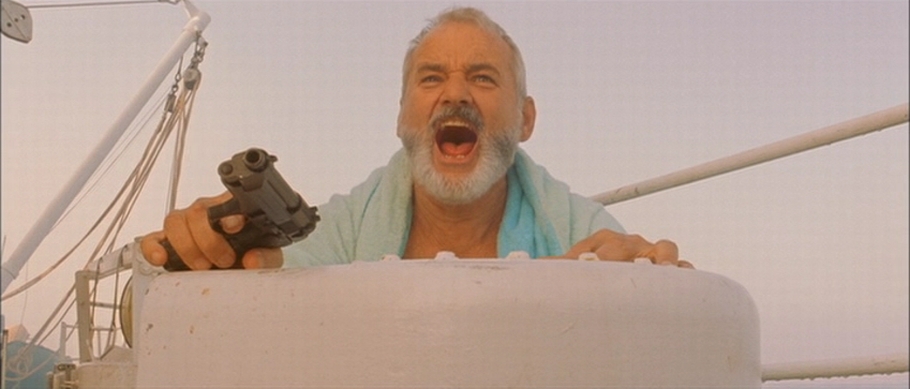Earlier in the week, with a bunch of friends, Rachelle and I went to see Wes Anderson’s latest film The Grand Budapest Hotel. It’s probably fair to say that at this point you’re either a fan of Anderson’s or you’re not. I have always counted myself in the fan camp. His movies are really stories for boys, child-like fantasies that play out like romantic adventures, each one delicately shadowed with a sense of melancholy.
At the core of the velocity and visual charisma that characterizes his films there’s always a sense of sadness, of a longing that can never quite be realized. However, that sorrow, which is always gently romanticized, never comes to the painful fore but is used more as a prop, with the characters ultimately marching eccentrically past their emotional baggage to their self-determined destinies.
Some people see this as a failure on Anderson’s part, proof that he will never become an adult director but will always fuss about in a kind of Never-Never Land where nostalgia, loyalty, ardor and boyish courage take the day. For me, that’s enough, and I’m content in middle age to settle into the soft spot of these modern fairy tales for boys.
However, I’d heard great, almost hysterical things about The Grand Budapest Hotel, with critics and friends hailing it as a masterpiece and Anderson’s best, most accomplished work yet.
For me, coming in with higher expectations than I would typically have, the movie was a mild disappointment. It was so precious and stylized that it may as well have been animated, with the familiar cast of actors playing little more than cardboard cutouts that Anderson had dressed up in costume and quirks.
His tyrannical directorial hold made it a somewhat airless affair, and the movie, which rolled like clockwork, ended up being a parade of constituent elements without ever actually evolving into a movie. The technical virtuosity that governed it rendered the experience like watching a miniature play through a keyhole, and the typical emotional, nostalgic and romantic resonances that Anderson usually creates in me were absent.
No matter, I liked the movie, but it could have been bigger and braver, more about people and less about the gorgeous and strange myths they lived.





Comments
One response to “Going to see the Grand Budapest Hotel”
Hey Mike: Nicely done as always. I really only disagree with the last line: I don’t believe you can separate people from the myths they lead/believe/act out.
You seem a tad dismissive of what you frame as Anderson’s childlike sensibility, but with so many films sporting an infantile or adolescent sensibility, he’s still a refeshing change. Manyfilmakers too trip over themselves trying to be serious and ‘realistic’ whatever that may mean.
Also, there are a fair amount of adults who act… like children.
Like you I am a fan.I have seen all his films except for this one, btw. I’ll get to it soon.
Cheers jh